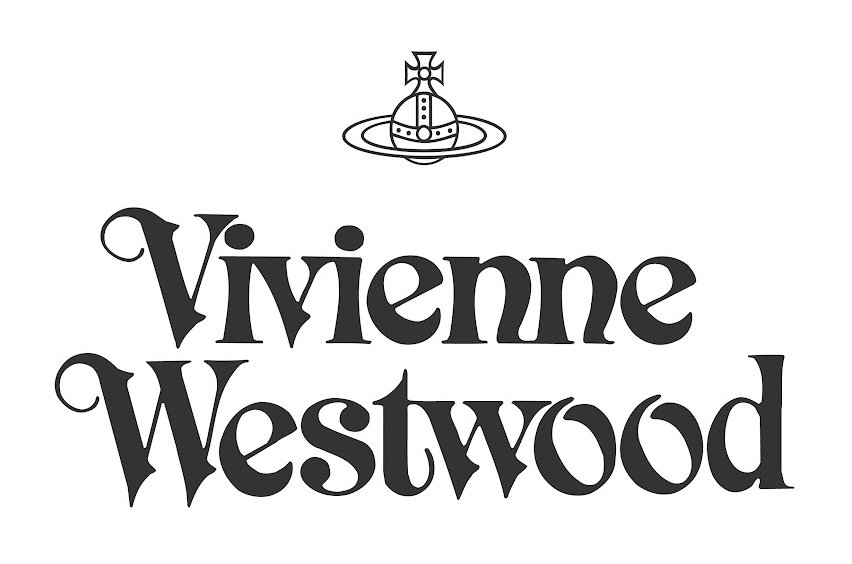How to trademark a name
Like a king’s monogram on a wax seal, or a signature on an original work of art, a trademark was historically an identifying mark to help consumers recognise the origin of a product.Similarly, the term branding has its origin in the practice of branding livestock to distinguish them as belonging to a specific trader in the marketplace.As much as ever before, today, a well-known and sought-after brand name is a valuable asset for any business.Trademarks that develop a reputation for representing high quality or good value help businesses to grow in popularity and even expand on a global scale.Every business should make it a priority to establish and protect their brand name.
Can I trademark my personal name?
Yes! The definition of a trademark in the UK specifically states that personal names may be registered as trademarks.Here are some well-known UK fashion designers who’ve protected their own names as trademarks:

 Before you can register a name as a trademark, there are specific criteria to meet. The Trademark Office may ask you to provide:
Before you can register a name as a trademark, there are specific criteria to meet. The Trademark Office may ask you to provide:
- Consent to registration from the actual person whose name it is;
- If the person has died, consent to registration from their estate; or
- Confirmation that the name is a made-up name
This protects everyone, but especially famous people, from their names being trademarked by someone else. (Imagine how misleading it could be if someone trademarked the names Kate Middleton or Meghan Markle for fashion brands, without their endorsement!)It also means that someone can’t just register a trademark to maliciously block someone else from using their own name in business.
What if my name is already registered as a trademark?
In the event that someone has already trademarked your personal name, section 11(2)(a) of the Trade Marks Act 1994, provides that you can still use your name, provided that it’s “in accordance with honest practices”. Here’s a theoretical example to clarify this: if someone named John Walker started selling alcohol products under his own name, this could be seen as taking unfair advantage of the Johnnie Walker Scotch whiskey brand, and fall outside “honest practices”. However, if he used his name for unrelated goods or services, say JOHN WALKER LANDSCAPING for gardening services, where (we assume) the name is not already registered as a trademark, this is likely acceptable.It’s often better to choose a truly unique name and register that as a trademark. With the advent of the internet, the global marketplace is extremely crowded and many personal names are not that memorable or distinctive. Even celebrities, like Kylie Minogue and Kylie Jenner for example, have engaged in trademark disputes over their similar names! An original, distinctive name can be a much stronger trademark.
Here’s a theoretical example to clarify this: if someone named John Walker started selling alcohol products under his own name, this could be seen as taking unfair advantage of the Johnnie Walker Scotch whiskey brand, and fall outside “honest practices”. However, if he used his name for unrelated goods or services, say JOHN WALKER LANDSCAPING for gardening services, where (we assume) the name is not already registered as a trademark, this is likely acceptable.It’s often better to choose a truly unique name and register that as a trademark. With the advent of the internet, the global marketplace is extremely crowded and many personal names are not that memorable or distinctive. Even celebrities, like Kylie Minogue and Kylie Jenner for example, have engaged in trademark disputes over their similar names! An original, distinctive name can be a much stronger trademark.
Protect your name with a registered trademark
1. Register as soon as possible
If you use your personal name for business, it is vital that you register a trademark to protect your business against other traders who might try to imitate your success. The sooner you register your trademark, the sooner you have legal proof that you have rights to that name in trade, and this can be used as evidence against copycats.If you’re a celebrity or famous public figure, it might be a good idea to also register trademarks for any well-known nicknames. There are many opportunists who’d love to use them for their own gain. Recently, a former prime minister of New Zealand, Helen Clark, nicknamed “Aunty Helen” by the media, had to take action to stop someone else from registering this nickname as a trademark for clothing.
2. Apply for trademarks in all the categories you intend using
When registering your name as a trademark, you should register it for all the categories for you will use it, both now and in the future.For example, Stella McCartney has trademarks not only for clothing, but also bags, perfumes, cosmetics, sunglasses, bedding and towels and more. She also has registered trademarks for service categories covering charitable fundraising, auctions and online promotions where she uses her brand for other campaigns.Think carefully about all the categories of goods and services you might expand into going forward, even promotional goods. Ensure that you get the broadest trademark protection you can.Since personal names are not always unique to just one individual, it’s much better to make up a spanking new name that's never been used before for your brand. Continue reading How to choose a strong trademark name.

